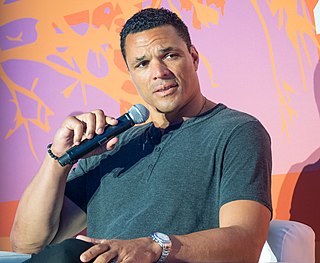A Quote by Isidor Isaac Rabi
There are questions which illuminate, and there are those that destroy. I was always taught to ask the first kind.
Related Quotes
The first set of questions to ask yourself when you're doing cost cutting is relatively straightforward, which is, you know, can you use the necessity of cost cutting as an opportunity to do pruning or trimming for projects that aren't being as successful? But, you know, frequently those are the easy ones. I mean, there's always some kind of social costs internal to the company, but that's the easy way of looking at the future.
Whenever I'm giving talks, I always ask people to think of the most obscure questions because I enjoy those the most. I always get the same questions: Why does Pickwick say "plock" and will there be a movie? I like the really obscure questions because there's so much in the books. There are tons and tons of references and I like when people get the little ones and ask me about them. It's good for the audience [and also] they realize there's more there.
I think as you grow up and you see things which are around you and you ask questions and you hear the answers, your situation becomes more and more of a puzzle. Now, why is it like this, why are things like this and since writing is one way in which one can ask this questions and try to find these answers, it seems to me a very natural thing to do, especially as it meant stories which I always found moving, almost unbearably necessary.
I can have little patience with those who oppose ... the theory of evolution or what are called "mechanistic" explanations of the phenomena of life because of certain moral consequences which at first seem to follow from these theories, and still less with those who regard it as irrelevant or impious to ask certain questions at all. By refusing to face the facts , the conservative only weakens his own position.
Being gay, you're kind of forced to ask, I suppose, very existential questions from a very, very early age. Your identity becomes so important to you because you're trying to understand it, and, I think, from the age of, like, 9, you're being forced to ask questions... that other kids maybe don't have to ask.



































